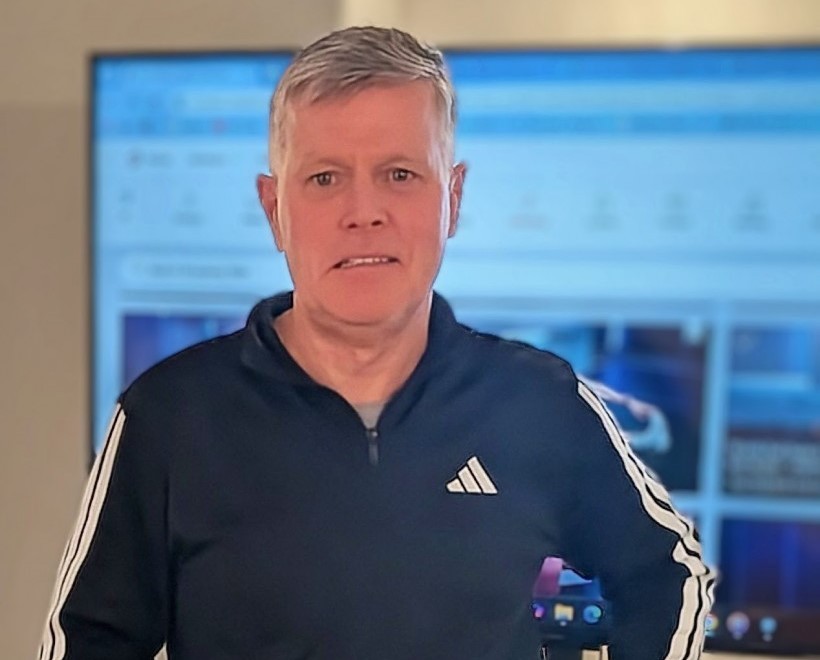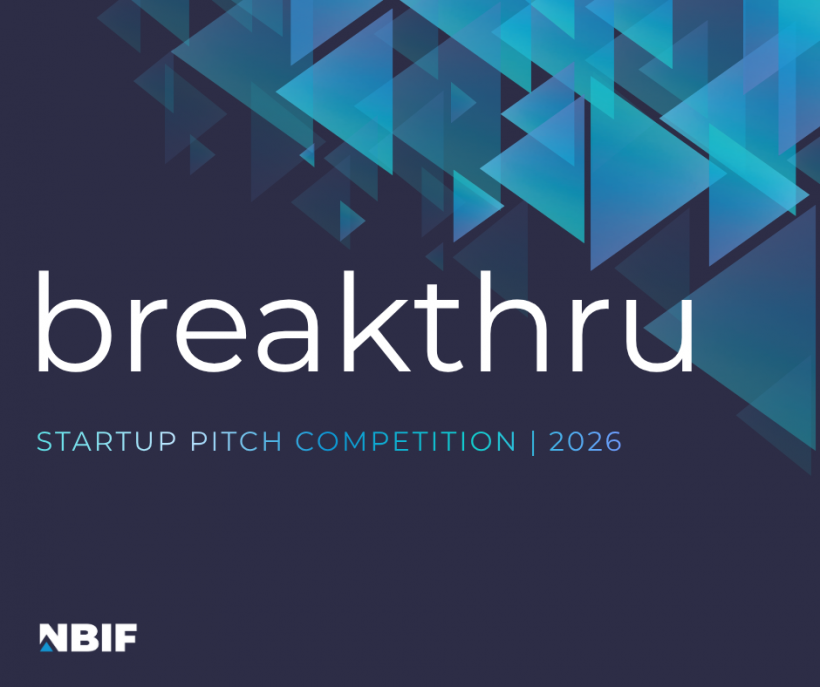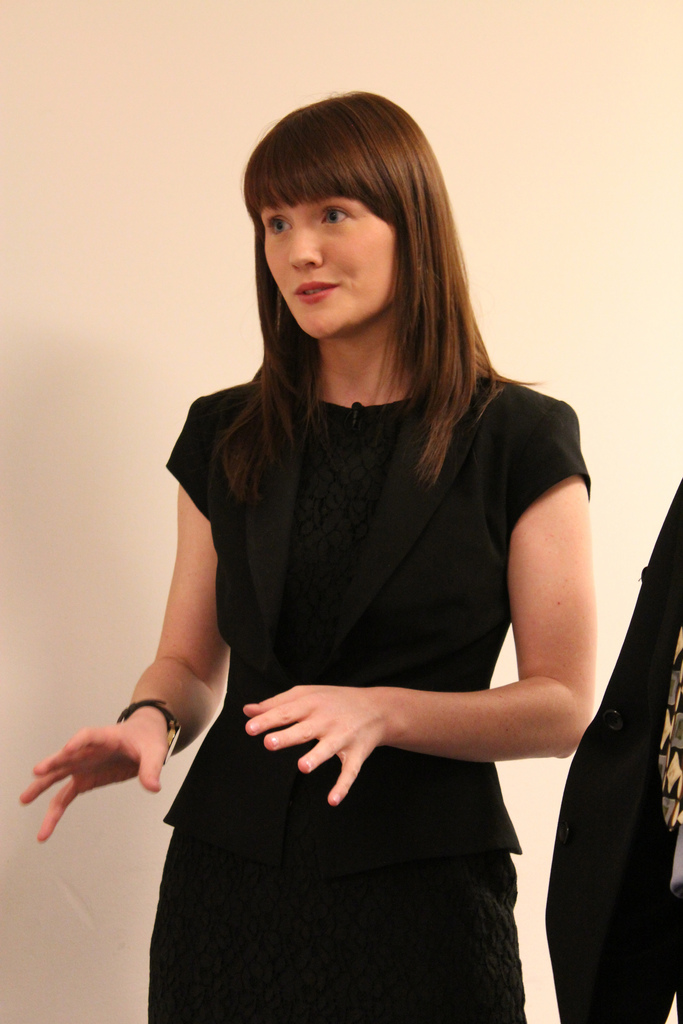Eradicating illiteracy is a lofty goal, some might say an unrealistic one, but for Joelle MacPhee the fight against illiteracy is a family tradition, a business, and a battle she intends to win.
MacPhee, 25, is director of reading partnerships at Charlottetown-based Ooka Island, a company that develops software that teaches children ages three to seven to read. Ooka was conceptualized by MacPhee’s grandmother, Kay MacPhee, a teacher and researcher who became interested in reading acquisition when her son, Lowell, was born profoundly deaf in 1960.
Kay went on to develop her own program, SpellRead, which she sold for over $20 million in 2006. Two years later, Kay, together with Jim Barber, developed Ooka Island, believing that an online game would be accessible and thus help more children.
“Kay started researching language for her son, but then found that parents of other children with learning difficulties also wanted her help,” Joelle explained during a recent visit to Halifax.
“Sometimes she felt ready to pass on the baton, but because no one else was doing it, she kept going. She always said, ‘This shouldn’t happen; reading should be as easy as talking. Reading is a basic skill.’”
According to Statistics Canada, nearly half of adult Canadians fall below the minimum level of literacy required to function well at work and in life. In Atlantic Canada, this applies to more than 56 per cent of adults. “Research shows that reading well by the end of third grade is a strong predictor of how successful a child will be,” Joelle said.
Ooka Island is determined to improve the gloomy statistics. The company has raised $3.5 million in development money and last year Joelle appeared on CBC’s Dragons’ Den with her father. She didn’t leave the show with the $1.5 million she was seeking for marketing and refining the product, but she came close and vastly increased the company’s visibility.
Joelle is working with MaRS Discovery District, a Toronto-based non-profit that fosters entrepreneurs, and she spent six months at the Canadian Technology Accelerator in New York City.
She said the Ooka Island game is different from competing products because it blends phonics and language-based literacy, and the technology is adaptive, meaning that the system analyzes individual student’s results and formulates individual learning paths.
The game is in 200 school districts across North America and in 31 countries through parents who buy the game from the website. This year, Joelle will be looking for a tech sponsor, launching Ooka’s first online marketing campaign, and focusing on developing partnerships that will make the game more accessible, beginning with 25,000 five-year-olds in Atlantic Canada.
“Improving accessibility will take a lot of stakeholders and partnerships with governments, schools and corporations,” she said. “We want to go through the school systems because we get validation from schools.”
After joining Ooka in 2011, Joelle feels she is growing into her role as the company’s “voice.” She is pleased to be continuing the work started by her grandmother. Kay, who turns 75 in June, still works hard and is currently analyzing five million data points pertaining to a group of five-year-old readers.
“Twenty-five thousand people have been through SpellRead and Ooka. Kay has 40 years’ experience in research and teaching. She puts things in perspective for me,” Joelle said.
Her grandmother’s dedication also inspires her. “There are a lot of holes in the world that need to be filled and it would be better if we all stepped up and gave it a shot when no one else is.”
In honour of her grandmother, Joelle and the game’s developers named the Ooka Island tutor character Auntie Kay. “Kay was uncomfortable about that, but we wanted that as part of her legacy,” Joelle said with a grin. “And she now gets fan letters from young readers.”










